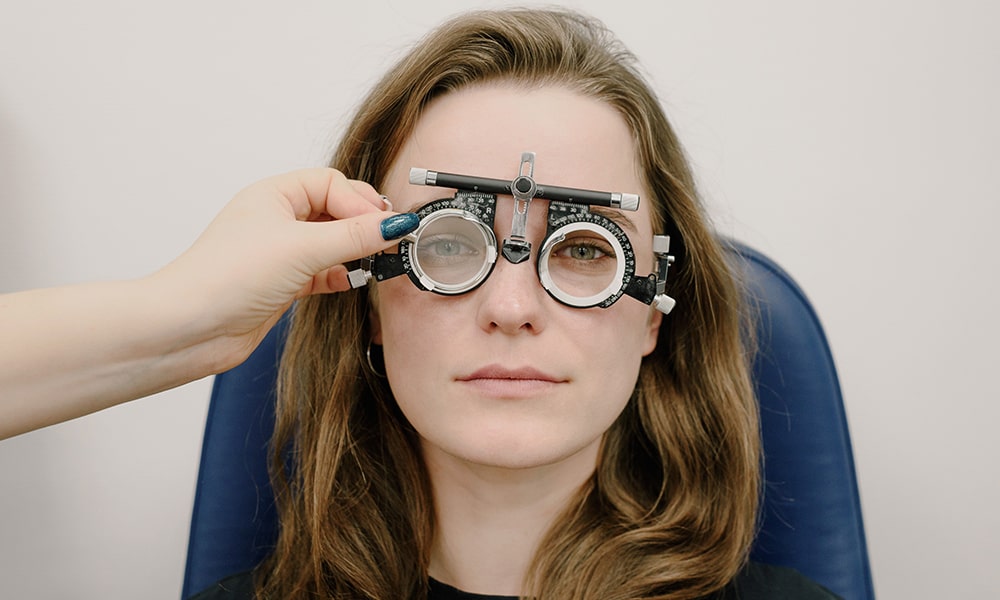Macular degeneration, a leading cause of vision loss, affects millions of people worldwide. This article aims to provide a comprehensive understanding of this condition, covering its causes, symptoms, treatment options, and the role of rheumatologists in managing it.
What is Macular Degeneration?
Macular degeneration, also known as age-related macular degeneration (AMD), is a progressive eye disease that damages the macula, a small but crucial part of the retina responsible for central vision. This condition primarily affects individuals over the age of 50, although it can occur earlier in some cases.
Types of Macular Degeneration
- Dry Macular Degeneration: This is the more common form of AMD, characterized by the gradual breakdown of light-sensitive cells in the macula. It progresses slowly and may cause blurred or distorted central vision.
- Wet Macular Degeneration: Less common but more severe, wet AMD involves the growth of abnormal blood vessels beneath the macula. These vessels can leak blood and fluid, leading to rapid and severe vision loss if left untreated.
Causes and Risk Factors
While the exact cause of macular degeneration remains unclear, several factors contribute to its development:
- Age: Advancing age is the primary risk factor for AMD.
- Genetics: A family history of macular degeneration increases the likelihood of developing the condition.
- Smoking: Tobacco use significantly raises the risk of both dry and wet AMD.
- Hypertension: High blood pressure can exacerbate macular degeneration.
- Sunlight Exposure: Prolonged exposure to ultraviolet (UV) light may contribute to AMD development.
Symptoms of Macular Degeneration:
- Blurred or Distorted Vision: Straight lines may appear wavy, and objects may appear blurry.
- Dark or Empty Areas: Central vision may have dark spots or areas of reduced clarity.
- Difficulty Recognizing Faces: Patients may struggle to recognize faces or read small print.
- Increased Sensitivity to Light: Some individuals with AMD experience heightened sensitivity to light.
Treatment Options
While there is no cure for macular degeneration, several treatment options can help manage the condition and preserve vision:
- Anti-VEGF Therapy: For wet AMD, drugs called anti-vascular endothelial growth factor (anti-VEGF) agents can help reduce abnormal blood vessel growth and leakage, slowing the progression of vision loss.
- Photodynamic Therapy (PDT): This treatment involves the use of a light-sensitive drug and laser light to destroy abnormal blood vessels in the eye.
- Laser Therapy: In certain cases, laser therapy may be used to seal leaking blood vessels and reduce the risk of further vision loss.
- Nutritional Supplements: Studies have shown that certain vitamins and minerals, such as vitamins C and E, zinc, copper, and lutein/zeaxanthin, may help slow the progression of AMD when taken as dietary supplements.
The Role of Rheumatologists
While ophthalmologists typically manage the diagnosis and treatment of macular degeneration, rheumatologist may play a critical role in cases where AMD is associated with autoimmune or inflammatory conditions. Rheumatologists specialize in the diagnosis and treatment of disorders that affect the joints, muscles, and immune system, many of which can have ocular manifestations. Conditions such as rheumatoid arthritis, systemic lupus erythematosus, and sarcoidosis may increase the risk of developing macular degeneration or exacerbate its progression.
Conclusion
Macular degeneration is a progressive eye disease that can significantly impact quality of life, particularly in older adults. Understanding the causes, symptoms, and treatment options for AMD is essential for early detection and intervention. While there is currently no cure for macular degeneration, timely management and intervention can help slow its progression and preserve vision for as long as possible. Collaboration between ophthalmologists, rheumatologists, and other healthcare professionals is crucial in providing comprehensive care for individuals with macular degeneration.








